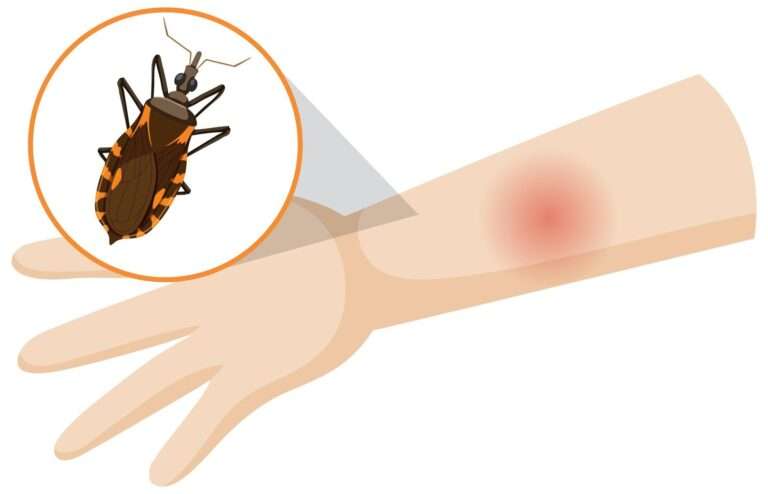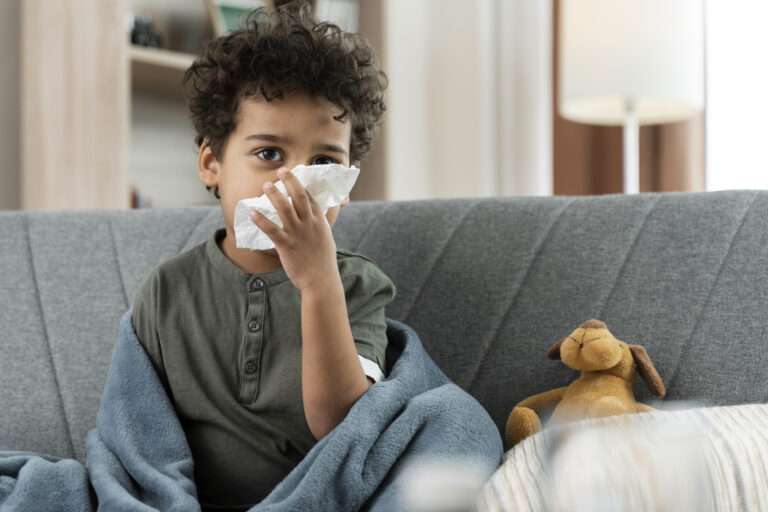Hepatitis A in children
Hepatitis A is a viral infection that affects the liver. It can occur in children and adults and is typically transmitted through contaminated food, water, or close contact with an infected person. Here are key points to understand about hepatitis A in children:
Transmission:
- Hepatitis A is highly contagious and is typically spread through:
- Ingesting contaminated food or water.
- Close personal contact with an infected person.
- Poor sanitation and hygiene practices.
Symptoms:
- Hepatitis A symptoms in children can vary but may include:
Diagnosis:
- Hepatitis A is diagnosed through blood tests that detect specific antibodies to the virus.
Treatment:
- There is no specific antiviral treatment for hepatitis A. Most cases resolve on their own with supportive care.
- Rest, maintaining hydration, and avoiding alcohol are typically recommended.
- Children with severe symptoms may require hospitalization for close monitoring and supportive treatment.
Prevention:
- The best way to prevent hepatitis A is through vaccination. The hepatitis A vaccine is routinely recommended for children starting at age 1.
- Practicing good hand hygiene, especially after using the toilet and before handling food, can help reduce the risk of infection.
- Avoiding consumption of contaminated food and water when traveling to areas with poor sanitation is important.
Immunity:
- After recovering from hepatitis A, children typically develop immunity to the virus and are unlikely to get infected again.
Complications:
- While hepatitis A is usually a self-limiting illness, it can lead to severe complications in rare cases, especially in adults. Children are generally less likely to develop severe complications.
Spread in Communities:
- Outbreaks of hepatitis A can occur in communities or in certain settings, such as childcare centers or among food handlers.
- Prompt public health measures, including vaccination campaigns, can help control outbreaks.
Vaccine Timing:
- In many countries, the hepatitis A vaccine is given as part of routine childhood vaccinations. The timing and schedule may vary by region and healthcare guidelines.
Hepatitis A in children is generally a self-limiting illness, and most children recover without long-term liver damage. Vaccination is a highly effective way to prevent infection, and it is routinely recommended in many countries. Parents and caregivers should consult with healthcare providers to ensure that their children receive the recommended vaccines and practice good hygiene to reduce the risk of infection.
------------From our Sponsors------------









